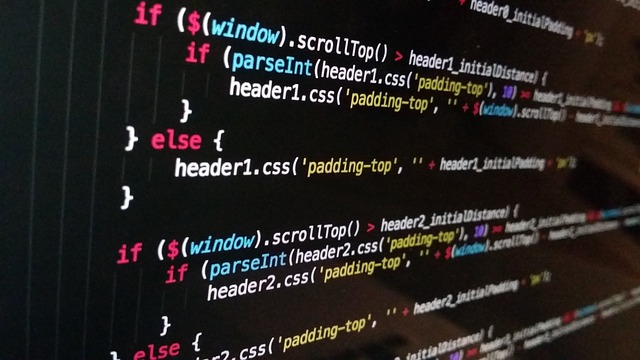Section 1: Introduction
Artificial Intelligence (AI) has become one of the most talked-about technologies in recent years, with its potential to revolutionize various industries. In particular, the impact of AI on workplace productivity has been a topic of great interest. From automating routine tasks to providing valuable insights, AI has the ability to transform the way we work and improve overall productivity. In this article, we will explore the ways in which AI is breaking barriers and driving productivity in the workplace.
Section 2: Streamlining Processes
One of the key ways in which AI is increasing workplace productivity is by streamlining processes. By automating routine and repetitive tasks, employees are able to focus their time and energy on more complex and high-value tasks. This not only saves time but also reduces the chances of human error. For example, AI-powered chatbots can handle customer inquiries and support, freeing up customer service representatives to handle more complex issues. This not only improves efficiency but also enhances the overall customer experience.
Moreover, AI technology can analyze and optimize workflows, identifying bottlenecks and areas for improvement. This allows businesses to make data-driven decisions and increase efficiency in their operations. By analyzing large amounts of data in real-time, AI can also predict demand and optimize inventory levels, reducing wastage and increasing productivity.
Section 3: Enhancing Decision Making
Another significant impact of AI on workplace productivity is its ability to enhance decision making. With the help of AI-powered tools, businesses can analyze vast amounts of data and gain valuable insights. This allows them to make more informed and accurate decisions, leading to better outcomes.
For instance, AI-powered analytics tools can analyze customer data and provide insights on purchasing patterns, preferences, and behaviors. This information can then be used to tailor marketing strategies and improve customer engagement, ultimately increasing sales and productivity. Similarly, AI can analyze employee data and provide insights on performance, identifying areas for improvement and helping managers make data-driven decisions on promotions, training, and resource allocation.
Section 4: Improving Collaboration and Communication
Effective collaboration and communication are crucial for workplace productivity. AI technology has the potential to improve both by facilitating seamless communication and collaboration among employees. With the rise of remote work, AI-powered tools such as virtual assistants and chatbots can help bridge the communication gap and ensure that employees are always connected and informed.
Moreover, AI-powered project management tools can streamline workflows, assign tasks, and track progress, making collaboration more efficient and effective. This not only saves time but also reduces the chances of miscommunication and errors. By improving collaboration and communication, AI can help teams work together more seamlessly, leading to increased productivity and better outcomes.
Section 5: Addressing Workforce Challenges
In addition to streamlining processes, enhancing decision making, and improving collaboration, AI technology also has the potential to address various workforce challenges that hinder productivity. For instance, AI-powered tools can help reduce employee burnout by automating mundane tasks and providing support and resources for mental health and well-being.
Moreover, AI can assist in talent acquisition and retention by identifying the right candidates for specific roles and providing personalized training and development opportunities. This not only saves time and resources but also ensures that employees are equipped with the necessary skills to perform their jobs effectively, leading to increased productivity.
Section 6: Conclusion
In conclusion, AI technology has a significant impact on workplace productivity by breaking barriers and driving efficiency. From streamlining processes and enhancing decision making to improving collaboration and addressing workforce challenges, AI has the potential to transform the way we work and increase productivity in businesses of all sizes. As AI continues to evolve and become more accessible, its impact on workplace productivity is only set to grow. Embracing AI technology can help businesses stay ahead of the curve and achieve their productivity goals.

